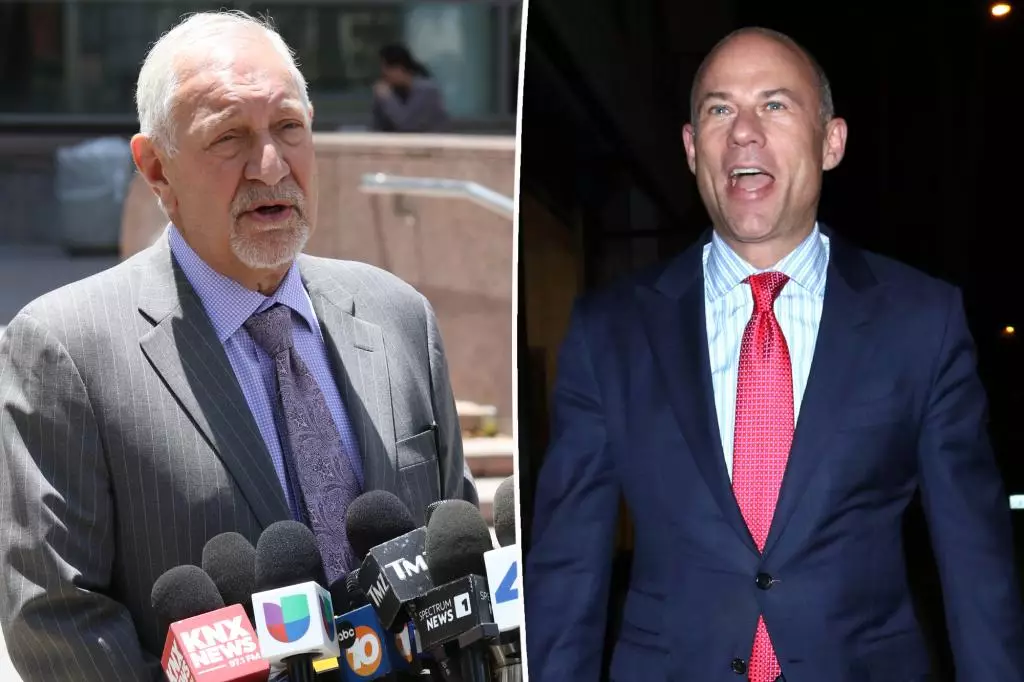The recent civil verdict surrounding prominent attorney Mark Geragos exposes uncomfortable truths about the often-opaque world of high-stakes legal practices. Once celebrated for defending luminaries like Michael Jackson and Winona Ryder, Geragos now faces serious allegations that traverse the boundaries of professional ethics. His involvement in the turbulent case against Michael Avenatti — the lawyer convicted of extensive misconduct — highlights how even the most skilled legal minds can become entangled in schemes that threaten their reputation and integrity.
The jury’s findings suggest that Geragos did not merely passively associate with questionable behavior but actively provided “knowingly substantial assistance or encouragement” to Avenatti during a blackmail attempt against Nike. This reinforces a critical lesson: the ethical boundaries lawyers must uphold are not flexible, and crossing them risks not only legal penalties but also irreparable damage to moral credibility.
Legal Accountability: A Reflection of Moral Responsibility
The court’s decision to hold Geragos liable, despite the nuanced finding that his actions were not a “substantial factor” in causing harm, underscores an essential point — awareness of wrongdoing carries significant weight. It’s a reminder that professional loyalty is bounded by legal and ethical codes; assisting or encouraging illicit conduct is equally culpable. His alleged breach of the duty of loyalty to client Franklin exemplifies how professional standards are the foundational pillars safeguarding justice and client trust.
Yet, the defense’s claim that this verdict is “close to vindication” strikes a dissonant chord. It appears to overlook the broader implications of associating with unethical acts. The public commentary and internal reflections within the legal community must recognize that integrity is paramount, and some actions can tarnish a legacy beyond salvage, regardless of legal outcomes.
The Broader Impact on the Legal Profession
This case is more than a courtroom drama; it’s a stark lesson for legal practitioners everywhere. The message delivered by the jury is unambiguous: no matter how prominent or accomplished a lawyer may be, involvement in unethical schemes can lead to significant consequences. It challenges the misconception that legal expertise can shield one from moral scrutiny.
Furthermore, it prompts a reevaluation of how the legal industry addresses misconduct. Is enough being done to promote transparency, accountability, and unwavering adherence to ethical standards? The fallout from Avenatti’s criminal convictions and the civil liability faced by Geragos should serve as a rallying point for reforms that reinforce moral responsibility over reputation management.
In the end, this saga serves as a sobering reminder: success in law should be measured by integrity, not just courtroom victories or client wins. The true test of a lawyer’s character lies in their willingness to uphold justice, even when it’s inconvenient or risky. Failure to do so not only jeopardizes individual careers but also erodes the public trust foundational to our justice system.

